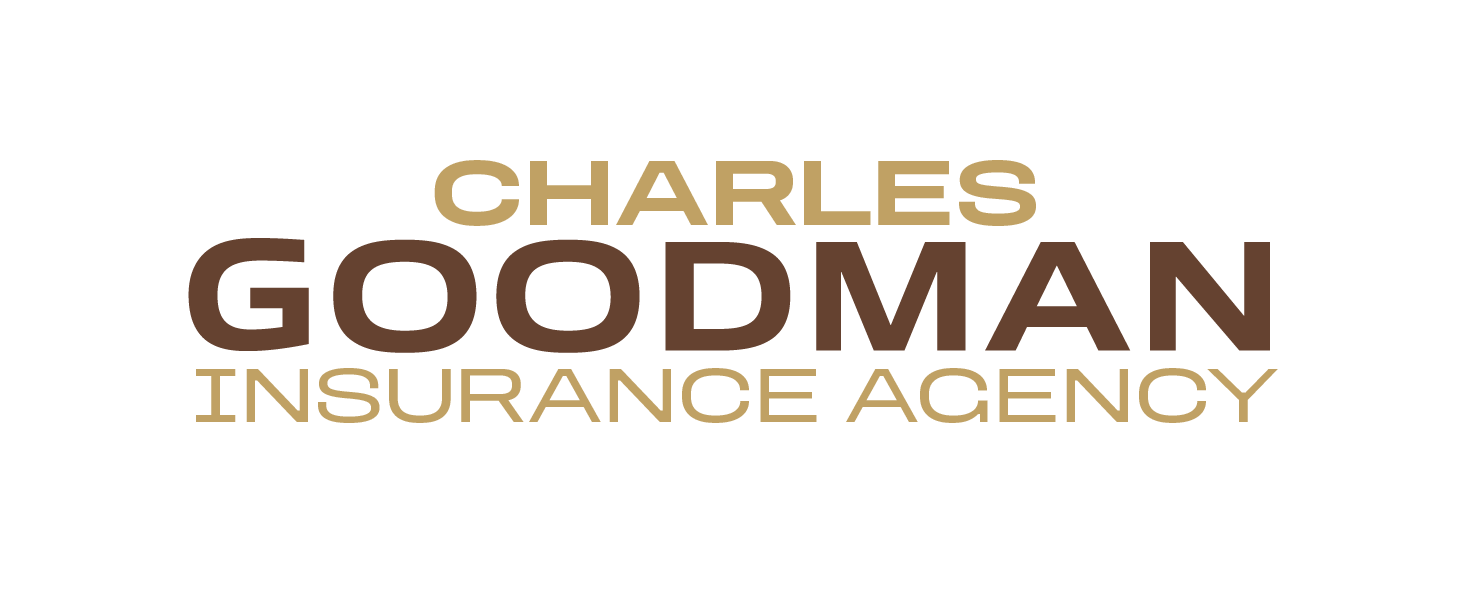Charles Goodman Group: Trusted Armonk Insurance Agent
Mortgage lenders typically require homeowners to purchase insurance for their properties, and many people may not realize that landlords often require tenants to insure rental properties as well. Homeowners insurance protects you from damage to your home caused by fire, hurricane, vandalism, lightning, thunderstorms and many other types of disasters, but it doesn’t automatically cover all types of damage. When you talk to an Armonk insurance agent, ask about an additional rider you can add to your policy to protect against floods, earthquakes and damage caused by deterioration. Renters and owners alike should also learn about personal liability and umbrella coverage to protect against lawsuits and unexpected losses to valuable property.
Even if you’re renting a property, it’s a good idea to purchase liability coverage, in case you’re responsible for damage or injury to a neighbor or anyone in the area. For example, if your dog gets out of the back yard and bites your neighbor, you can be sued for negligence. If you’re covered for this type of accident, depending on the amount of coverage you have, your insurer could foot the bill for your settlement and legal expenses.
An insurance agent from the Charles Goodman Group of Armonk would be happy to answer any question you have about umbrella insurance or property insurance.
The same advice holds true for members of your family, such as small children who might accidentally damage a neighbor’s property. If that neighbor is injured in the accident, even if it doesn’t happen on your property, your liability coverage could protect you in the event of a lawsuit.
Renters should also know that homeowners insurance covers their belongings, such as jewelry, electronics, appliances and clothing. Depending on the type of coverage you buy, you could receive payment for the depreciated value of your possessions, their full reimbursement value or the amount it would cost to replace them after inflation. The last option, called guaranteed or extended replacement cost, insures the full amount of your original purchase. The second option lets you file a claim for lost or damaged belongings as if they were new. The most basic option, called actual cash value, simply covers the market value of your used goods. For example, if a set of golf clubs you bought for $5,000 are only worth $50 today, you can only receive $50. The second option covers your golf clubs for the full $5,000, and the third option covers them for the amount you would pay to buy them new in today’s dollars. Factors that affect the cost of this coverage include your credit score, your past insurance claims and the amount of crime in your zip code.
